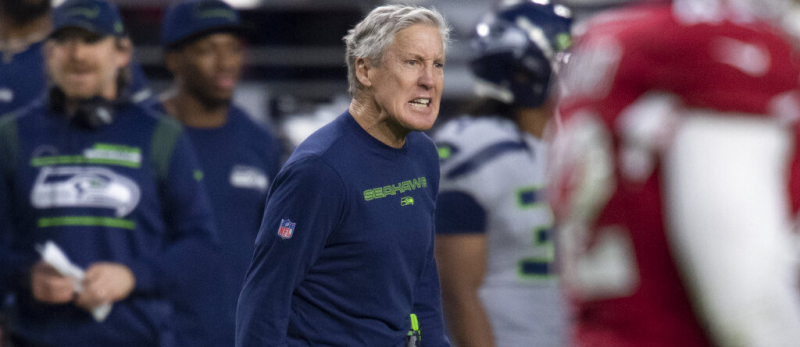Washington Sports Betting Will Go To Supreme Court, Maverick CEO Says

It might have come later than expected, but Maverick Gaming‘s promised lawsuit against Washington sports betting is finally in motion.
The owner of 19 of Washington state’s 44 cardrooms filed a lawsuit in the US District Court of DC against multiple federal and Washington state officials.
The lawsuit alleges the compacts between 16 Washington tribes and the state, all approved by federal officials at the Department of Interior, go against the Indian Gaming Regulatory Act. IGRA only allows class III gaming by tribes in states that allow the same type of gaming for other operators, the lawsuit claims.
No matter what the DC Circuit decides, Maverick CEO Eric Persson believes the issue will head to the Supreme Court:
“I think ultimately this will probably go to the Supreme Court. Regardless of the outcome in the DC Circuit, the other side will appeal. Then what you’ll end up having regardless of the outcome is a split between circuits and, ultimately, I believe the Supreme Court will likely hear it and I think the Supreme Court will side with us.”
Different tactic on WA sports betting
Back in 2020, Washington sportsbooks were approved by a bill with an emergency clause that allowed the gaming expansion to skip a referendum.
Maverick’s legal team disagreed with the use of the clause and Persson said he would, “of course,” sue if the legislation passed: “I have the money, the time and the guts to fight it so let’s do it.”
Persson still disagrees with that process but Maverick decided the best way forward would be to challenge the application of IGRA.
“Nothing’s changed from when we first started talking,” Persson said. “We have the means and the ability to chase this down and we’re going to keep knocking on that door until sports betting commercially comes to the state of Washington and Maverick Gaming can participate.”
Judicial challenge the fastest path forward
When HB 2638 passed, proponents of the bill urged a small first step into WA sports betting with future expansion possible.
Persson tried again in 2021 with a bipartisan-sponsored bill that would give cardrooms access to sports betting in Washington, which also failed. Now, the fastest way is through the judicial system, he said.
“They passed that legislation two years ago and the truth is, in this session that’s starting, we weren’t getting a hearing,” Persson said. “So when actions and words don’t match up, you have to really consider that.”
Florida ruling good for Washington sports betting suit?
The recent DC Circuit ruling on the Seminole Compact in Florida had nothing to do with the timing of Maverick’s lawsuit, Persson said.
He sees it as a positive for his case, though:
“The West Flagler case decided in November, they made two arguments and the second argument is the same we made. However, they didn’t even have to get to the argument because they decided the compact with the state didn’t allow off-reservation sports wagering.
“So to void that compact, this is a very fresh case in the same circuit, we think is a favorable outcome for us. It means that the courts of the DC Circuit understand the arguments that we’re making.”
Indian gaming association in opposition
Rebecca George, Executive Director of the Washington Indian Gaming Association (WIGA), released a statement opposing the Maverick suit:
“Maverick Gaming’s newly announced federal lawsuit is a desperate attempt to overturn federal law, the will of the Washington State legislature, state and federal agency decisions, and the clearly expressed sentiments of the general public in Washington State. It would severely undermine the well regulated and safe system of limited gaming that has been established in Washington State over three decades of carefully negotiated compacts between the State of Washington and Native American tribes.
“Those compacts are fully in keeping with the federal Indian Gaming Regulatory Act, as well as with state law, and have been repeatedly vetted at multiple levels of regulatory oversight. In short, this dangerous and destructive lawsuit is without merit, and were it to somehow be successful it would cause irreparable harm not only to historically marginalized tribal communities but also to the broader public, which opposes a massive expansion of gambling in their neighborhoods and communities.”